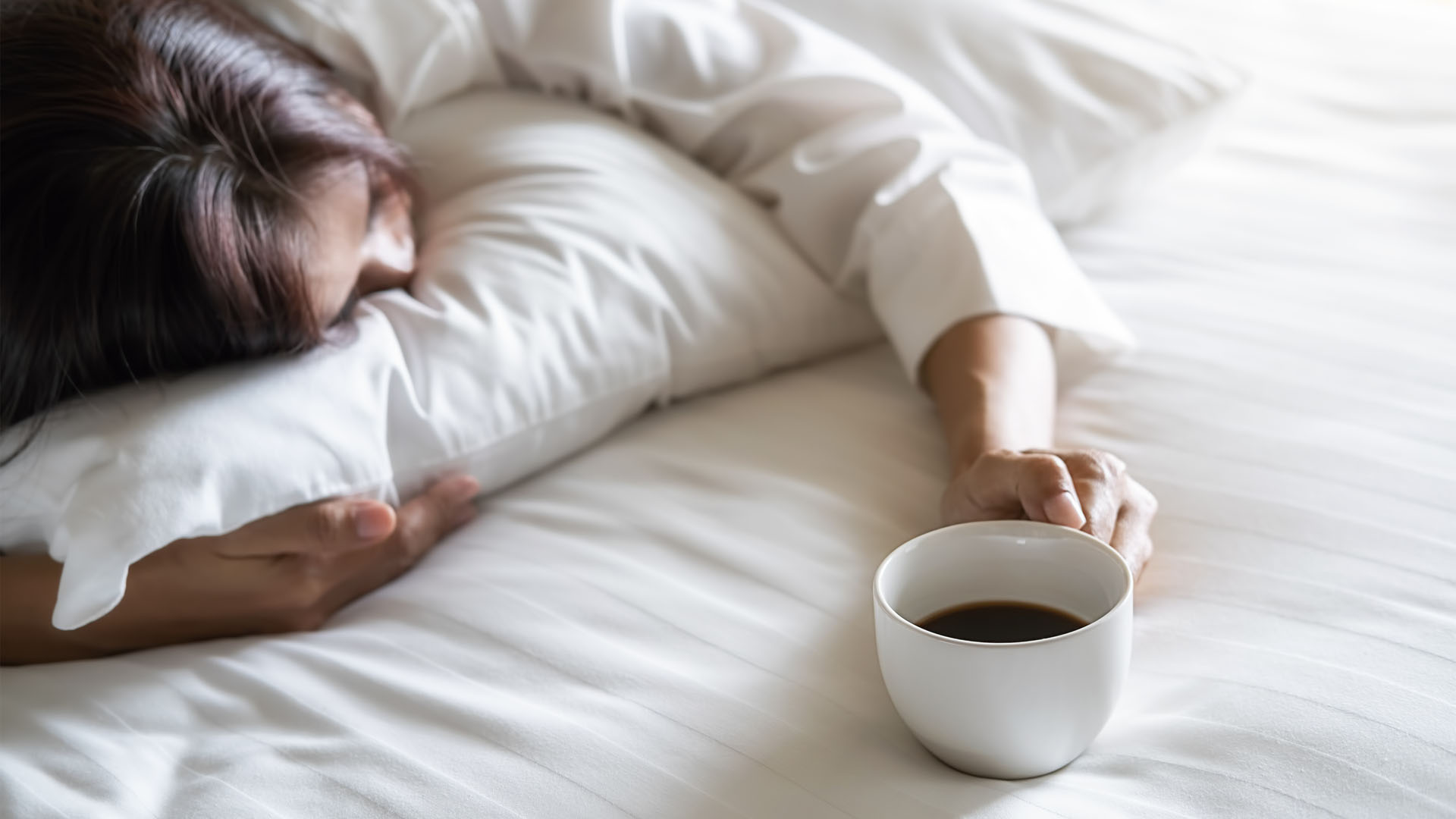Caffeine is one of the most widely consumed stimulants in the world, found in coffee, tea, soda, energy drinks, and even some medications.
While many of us rely on caffeine to help us stay alert and focused during the day, its effects on sleep are often underestimated.
Understanding how caffeine affects your sleep quality can be crucial for getting the rest you need.
How Caffeine Affects Sleep
Caffeine works by blocking the action of adenosine, a neurotransmitter that promotes sleep and relaxation.
By blocking adenosine receptors in the brain, caffeine increases alertness and reduces the perception of fatigue.
While these effects can be beneficial during the day, consuming caffeine too close to bedtime can interfere with your ability to fall asleep and stay asleep throughout the night.
1. Delayed Sleep Onset:
- Caffeine can delay the onset of sleep by stimulating the central nervous system and increasing alertness.
- Consuming caffeine in the afternoon or evening can make it harder to fall asleep at night.
2. Reduced Sleep Quality:
- Even if you’re able to fall asleep after consuming caffeine, it can reduce the overall quality of your sleep.
- Caffeine can decrease the amount of time you spend in deep, restorative sleep, leading to feelings of grogginess and fatigue the next day.
3. Disrupted Sleep Patterns:
- Caffeine can disrupt your natural sleep-wake cycle, making it harder to maintain a consistent sleep schedule.
- Consuming caffeine regularly, especially in large amounts or close to bedtime, can lead to chronic sleep disturbances and sleep disorders.
How to Manage Your Caffeine Intake for Better Sleep
If you’re struggling with sleep problems, reducing your caffeine intake may help improve your sleep quality. Here are some tips for managing your caffeine consumption:
1. Limit Caffeine in the Afternoon and Evening:
- Avoid consuming caffeine in the late afternoon or evening, as it can interfere with your ability to fall asleep at night.
- Opt for decaffeinated beverages or caffeine-free alternatives in the hours leading up to bedtime.
2. Monitor Your Intake:
- Pay attention to how much caffeine you’re consuming throughout the day, and be mindful of hidden sources of caffeine in medications, energy bars, and chocolate.
- Consider keeping a caffeine diary to track your intake and identify patterns that may be affecting your sleep.
3. Establish a Bedtime Routine:
- Establish a relaxing bedtime routine to help signal to your body that it’s time to wind down and prepare for sleep.
- Avoid stimulating activities, such as using electronic devices or watching TV, before bedtime.
4. Practice Moderation:
- While moderate caffeine consumption is generally safe for most people, it’s essential to consume it in moderation and be mindful of your individual tolerance.
- If you’re sensitive to caffeine, consider reducing your intake or avoiding it altogether, especially in the afternoon and evening.
Conclusion
While caffeine can provide a temporary energy boost during the day, it’s essential to be mindful of its effects on your sleep quality.
By managing your caffeine intake and avoiding consumption in the afternoon and evening, you can improve your sleep quality and wake up feeling more refreshed and alert.
So think twice before reaching for that late-afternoon cup of coffee or soda, and prioritize your sleep for better overall health and well-being.

Leave feedback about this